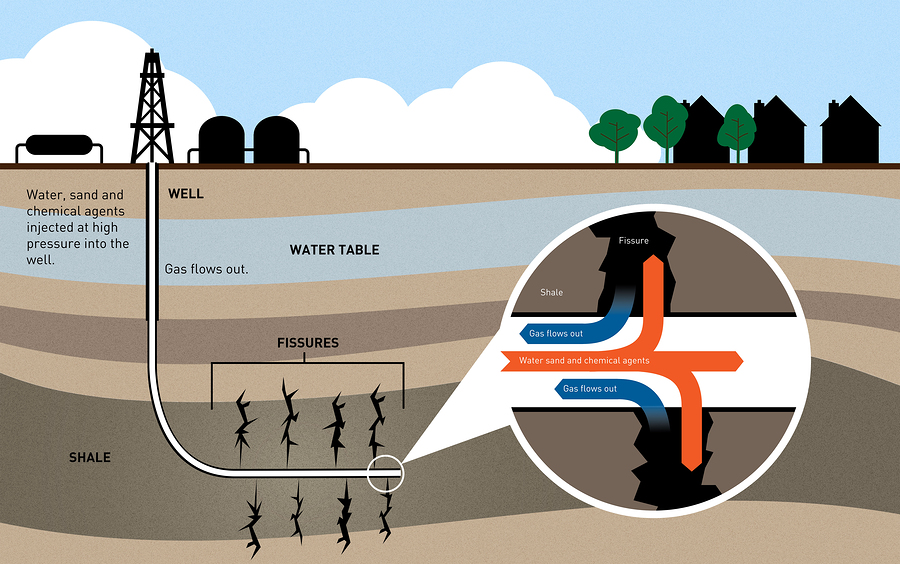Final approval from European Union regulators has been given to new £24.5 billion nuclear station at Hinckley Point in Somerset after the financing of the project was re-structured to alleviate part of the burden put on British tax payers.
The plant is due to be built by EDF Energy and will be the first one built in the United Kingdomin around twenty years with sixteen commissioners agreeing to its approval, just one more than the necessary fifteen. They had been investigating whether the funding broke the EU’s state aid rules but with the British government agreeing to cut subsidies by around £1 billion it means that the project remains within “proportionate to the objective pursued, avoiding any undue distortions of competition”.
Supposedly these changes will benefit British consumers to greater effect although the project has now gone up from its initial projections of £16 billion to £24.5 billion but this is taking into effect the cost of inflation and interest costs over the ten year construction period.
The significant state aid divvied up for this project is the first of its kind that the European Union has approved and may well set a precedent for countries like the Czech Republic and Poland who are interested in expanding their nuclear industries although it is unlikely that this will be the last of the issue as other member states of the EU have raised concerns over this clashing with the stated aims of the Union who want to push renewable energies such as wind and solar power.
A profit share deal has been agreed between the British government and French firm EDF which has seen a set price for each megawatt of energy produced. Currently almost twice as high as the going rate of energy, this is seen as a long term investment as this will hold steady throughout t=inflation rises and energy price rises. There is also an upper limit to how much EDF can take away from the plant with any profits exceeding this amount to be put back into the public spending fund. An increase in the profit rate of only one percentage point, for example, will generate savings of more than £1.2bn, with this set to last the sixty years of the entire project.
The co-alition government is having a drive towards other energies that aren’t fossil fuels and this project is a major step in that advance with it expected to be operating in 2023 until 2083 with the government estimating that the average energy bill will be around £77 than it would if the plans had not been put in place.
For more information about immigration into the United Kingdom visit https://www.immigrationintoeurope.com/ or to incorporate go to http://www.openaeuropeancompany.com/country-pages/united-kingdom.html or email us at [email protected]




so next, increase your consumption of any free natural yogurt, undercooked not to mention mildly worked veggies and fruit fruit. additionally you can supplements for a short by using a probiotic products for instance,Nike Air Max 95 Violet,akin to align, BioBeads in addition to AccuFla, which often can be all on the market over-the-counter. in the end don stay in just the right realm,Women Nike Air Max 1 Black Online, the best option for a sound body is to consume a very appropriate eating habit
599259 890685Enjoyed looking at this, very good stuff, thanks . 255079
689583 490563Some times its a pain within the ass to read what individuals wrote but this web site is real user genial ! . 795364